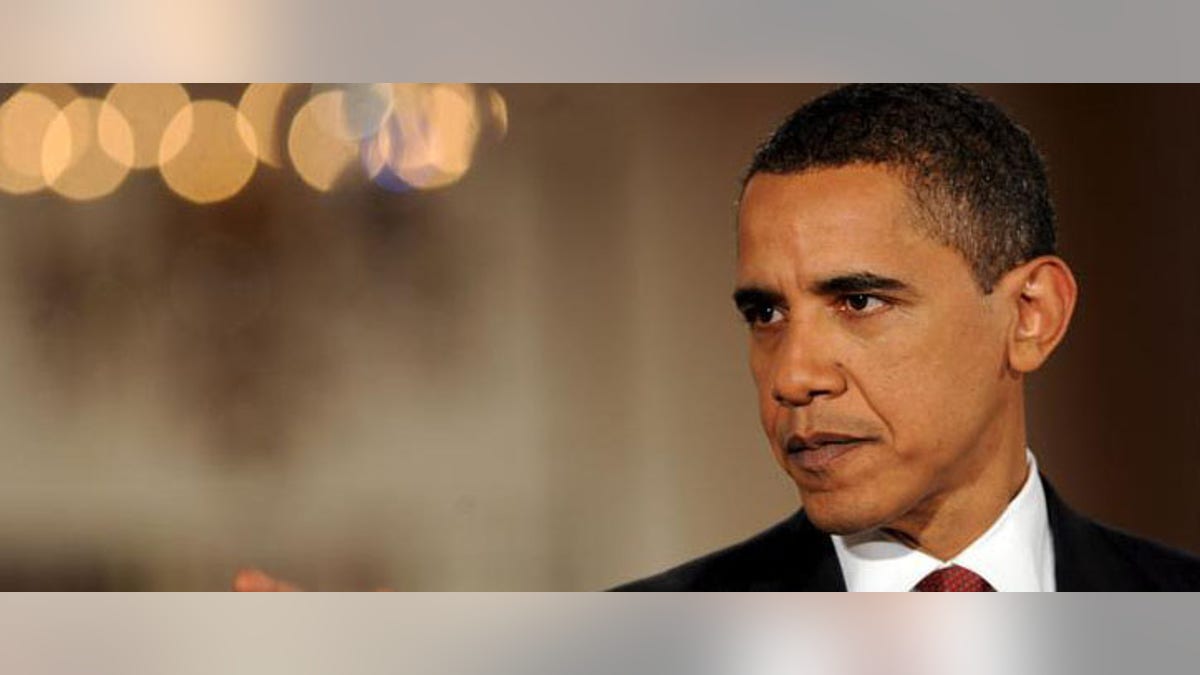
Americans are losing confidence in President Obama’s foreign policy. A new NBC/Wall Street Journal poll shows approval for the president’s handling of international affairs dropping five percentage points in the wake of last week’s attacks by Muslim extremists on U.S. facilities in twelve countries.
The appalling lack of security preparedness in Libya – on the anniversary of 9/11 -- which led to the death of Ambassador Christopher Stevens and three others, the attack on Camp Bastion in Afghanistan -- the most expensive of that seemingly endless war, the about-face on our training of Afghan forces in the wake of too many “green on blue” murders -- all these events have dimmed our president’s standing. These are grave developments, but President Obama has barely had time to react, so busy is he attending campaign fund raisers.
In pinning the blame for the attacks entirely on an unknown film maker, White House spokesman Jay Carney dismissed the notion that the uprisings reflected hostility to the US, or to our foreign policy. That does not seem credible.
The reality, which the media shrinks from telling, is that during the past three years regard for our country has dropped precipitously around the world – and it has nothing to do with an anti-Muslim film. The Pew organization tells us that the number of people in Muslim countries who hold favorable views towards the US stood at 15% in June—down from 25% when President Obama took office. Only 24% of those surveyed in those lands have confidence in Obama’s policies, down from 33% three years ago. Please note: this is in Muslim countries – where the president extended the most emphatic overture of his presidency.
Elsewhere, the story isn’t much happier. In Europe, China and Mexico, regard for the U.S. – and confidence in President Obama – has dropped during his term in office. Only in Japan and Russia do people look at the US more kindly than they used to; but even in those countries, confidence in our leader has plummeted.
What’s going on here? We thought George W. Bush was the problem. Isn’t that why our bumptious young president promised, in his victory speech, to restore regard for the US?
In the Middle East, President Obama has lost credibility. The promises he made in his 2009 speech – intended as a “reset” to our relations with the Muslim world -- have come back to haunt him.
I was in Cairo for President Obama’s much-heralded address, a guest of Shafik Gabr, Chairman of Egypt’s Artoc Group for Investments and Development, who has spent years promoting better relations between our two countries. The night before the speech, Gabr gathered about thirty of Egypt’s leading business and political leaders, and asked what each hoped to hear the following day. One by one the assembled guests laid out their expectations – for more balanced negotiations with Israel and her Arab neighbors, for better trade relations, a lifting of onerous travel restrictions, greater exchange of technology and so on.
In his speech, President Obama said he sought “a new beginning” in our relations with the Muslim world. He confirmed that the US was “not at war with Islam” and professed sympathy for the plight of Palestinians.
Most important, he condemned Israeli settlements, raising hopes that the U.S. would be even-handed in its negotiations between Israelis and the Palestinians – a suggestion at best naïve and at worst manipulative.
President Obama also promised to “expand exchange programs and increase scholarships,” to “invest in online learning,” to create “a new corps of business volunteers” to partner with Muslim counterparts, to “host a Summit on Entrepreneurship,” to “launch a new fund to support technological development,” to open “new centers of scientific excellence” and on and on --offering new initiatives in education, trade and investment.
Six months later, the mellifluous prose had faded; follow-through was virtually non-existent and optimism had already dimmed. Mr. Gabr told me at the time, “The speech met or went beyond expectations in the Arab world. Since then, there has been little progress on the ground. Now Arab Main Street is beginning to suspect it was all just rhetoric.”
Despite enthusiasm among business types for Mr. Obama’s extensive agenda, the reality is that the Muslim world came away with one idea – that the US was retreating from its unwavering support of Israel, and would demand a stop to the spread of settlements. President Obama believed that a more balanced approach could lead to progress in the Middle East. He was wrong. Later, Mr. Obama confessed that negotiating peace in the Middle East was “hard”; he apparently thought that decades of failure could be overcome by a few well chosen words.
Just like Americans, people in the Muslim world were suckered by fine speech-making; we, and they, are disappointed in the follow-through. For Arabs, the let-down has been grave, partly because the build-up was out of proportion. Americans have suffered a similar disillusionment – on jobs, on education, on our finances – and on foreign policy. Now, President Obama’s failure to keep his promises – both at home and abroad – could cost him his job. It should.
